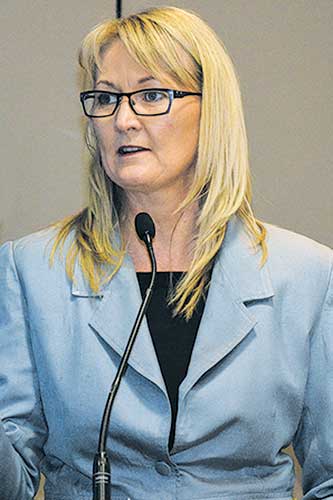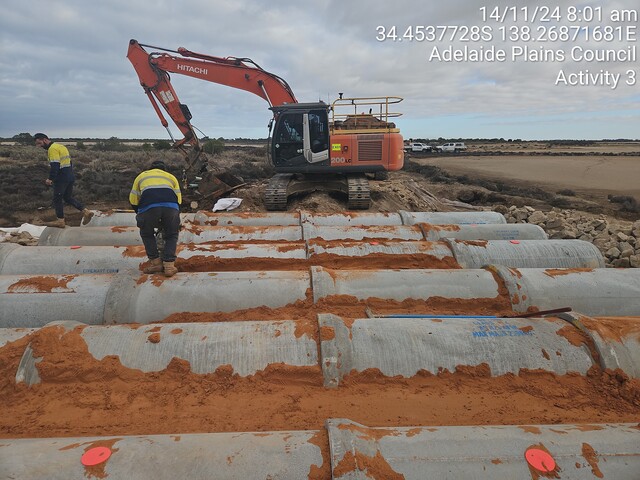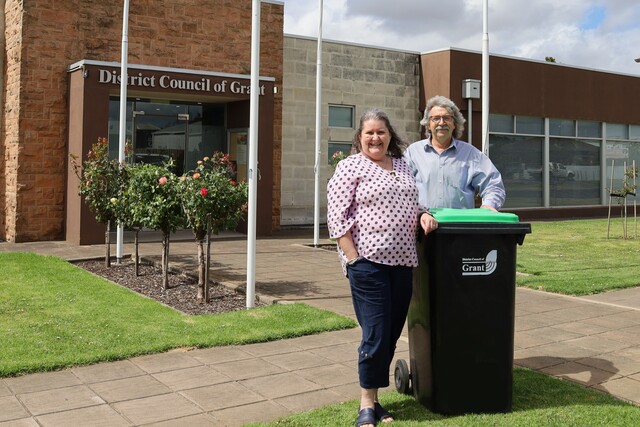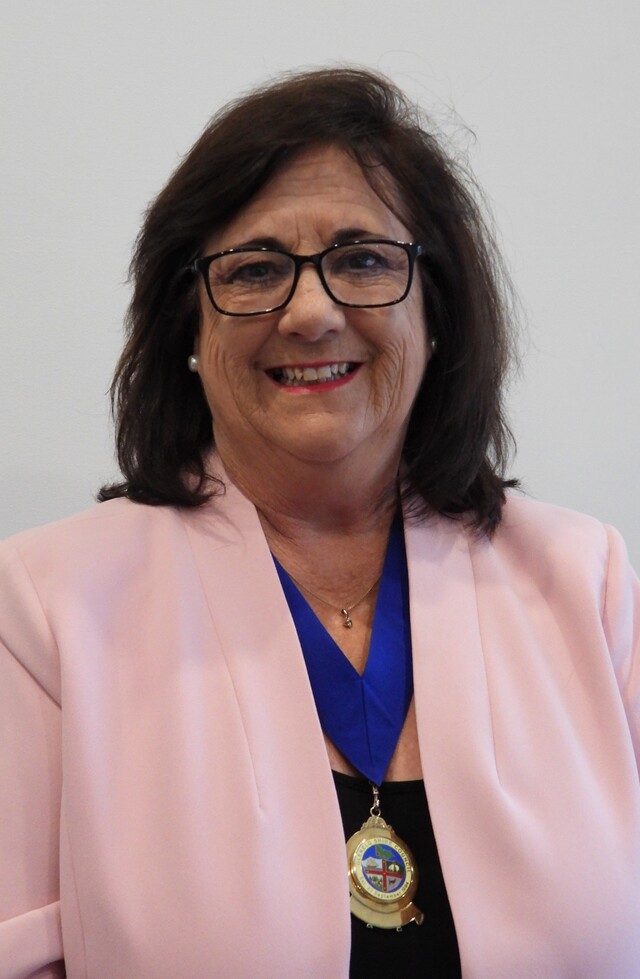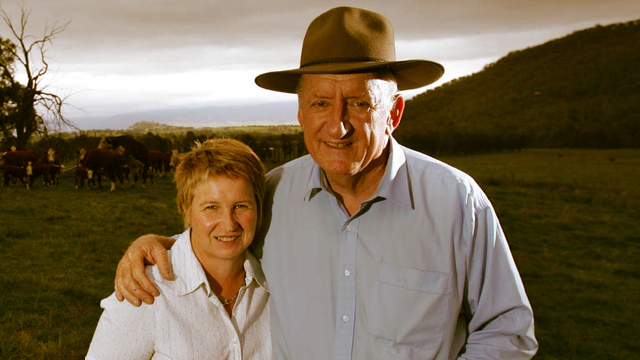Where does your local government sit in the advancement of women?
Has Local Government advanced since 2010, which the Federal Government announced as the Year of Women in Local Government?
There have been a few highs and lows for Local Government in the promotion of Gender Equity through the Australian Local Government Womens Associations’s (ALGWA) 5050Vision – Councils for Gender Equity program.
ALGWA, along with our partners the Local Government Association Queensland (LGAQ), the Australian Local Government Association (ALGA) and the Local Government Managers Association (LGMA), have been strongly campaigning to ensure the increased employment of women in senior management positions and roles traditionally seen as male dominated.
This creates a culture within councils and their communities that encourages women to consider nominating for election.
I particularly congratulate the ALGA (under the previous leadership of Felicity-Ann and now championed under the new President Troy Pickard) for taking a proactive national approach in promoting the better business practices and economic outcomes for those councils who embrace gender equality.
However we are still looking for answers.
Our researcher, Denise Conroy of the LGAQ, has collected extensive data, but we still need to know the stories behind the participation of women in Local Government.
At the last Queensland Local Government elections, why did fewer women get elected?
Previous data suggested that if a woman was nominated, she had a better chance of being elected over her male colleague.
Queensland councils have a pay structure that can be deemed to be a full time job, and a local government councillor is still is one of the few jobs for which you don’t require formal training.
Previously women filled the void as part-time and with little remuneration, whereas it has became a serious job opportunity since 2008.
However across Australia we have actually seen some gains in the numbers of elected women, although still not enough to truly reflect the population.
Recent elections in the Northern Territory, and the most recent local government elections in Tasmania and South Australia, have seen increases in the number of women as elected members, which is a tribute to proactive campaigns run by the branches of ALGWA in these states.
A recent think-tank in Brisbane asked participants to consider the possible barriers for women to progress to upper management roles.
I reflected on the similarities in gender figures Local Government shares with the banking sector in terms of the participation of women in front-of house (tellers) and administration roles.
Few women tend to progress to senior management and CEO positions.
Could it be as simple as some women may be content in their current roles that suit their current work-life balance?
A higher job comes with work practices that may involve long and inflexible hours, added reporting and extreme pressures.
Or are these barriers created to discourage participation?
Recent research on the top women achievers in big business has found these women usually only start a family after they have established their career, and they are either also established financially or have a partner or family who will support them.
Do we encourage these same opportunities in Local Government?
A lot more work has to be done to make local governments more resilient and cost effective, and this involves men and women, indigenous representatives as well as the older generation and people of all backgrounds to be involved in decisions for the benefit of their communities.
I would like to personally invite you to attend ALGWA’s Biannual Conference in the Barossa Valley 25 to 27 March 2015 where we will be showcasing those councils who have implemented better work practices that include the employment and election of women.
These councils will attest to greater economic and innovative outcomes for their communities.

